Don't commit "taboos" when you have self-respect
Hoang Phe's Vietnamese dictionary defines: Self-respect is to value and preserve one's dignity and honor.
Self-respect is a result of a person’s training over a long period of time, demonstrating personal responsibility towards work, family and society. Self-respect always goes hand in hand with honesty – a person who respects himself is honest, and an honest person has self-respect.
An ordinary citizen also needs self-respect. Cadres and party members must respect and preserve their dignity and honor even more. The more important the position and the greater the responsibility, the more self-respect must be promoted. The self-respect of cadres and party members is closely linked to political qualities and is a component of revolutionary ethics.
On October 25, 2021, the Party Central Committee issued Regulation No. 37-QD/TW on things that Party members are not allowed to do.
Among these are “prohibitions” that a party member will not commit if he has self-respect and honesty, without needing the necessary political consciousness and understanding: Unity in the same direction, formal democracy, seeing the right thing but not defending it, seeing the wrong thing but not fighting it (Article 3); writing untrue articles, not posting corrections according to regulations (Article 5); making accusations with fabricated content, taking revenge on the complainant or denouncer (Article 6); declaring personal history, assets, and income dishonestly, using fake diplomas (Article 9); not properly implementing regulations in investment management, construction, and use of houses, land, and assets of the Party and the State (Article 10); violating public ethics, covering up, and reporting falsely (Article 11); embezzlement, giving, receiving, and brokering bribes (Article 14)…
On the contrary, people who lack self-esteem and honesty are often opportunistic, selfish, have no sense of criticism and self-criticism, avoid responsibility, take credit and blame, are greedy, self-interested, willing to seek positions and power, and when in a position, are arrogant, oppress subordinates, and flatter superiors...
Reality shows that in recent times, many party members and officials, including high-ranking officials, due to not regularly cultivating ethics, losing self-respect and honesty, have committed serious violations, been disciplined, and criminally prosecuted, including corruption and intentional violations for personal gain.
"Retreat" when no longer prestigious
Perfecting revolutionary ethical standards to suit the requirements and tasks in the new period; always cultivating and upholding honor, self-respect, and honesty are constant requirements of the Party for cadres and party members.
The 13th National Party Congress set out the requirement: “Research, supplement and perfect revolutionary ethical standards in accordance with new conditions and the nation’s fine cultural traditions to serve as a basis for cadres and party members to self-cultivate, practice and self-regulate their behavior in daily work. Raise awareness of lifelong revolutionary ethical cultivation and training, regularly “self-examine”, “self-correct” and uphold the honor and self-respect of party members”.
Most recently, on May 9, 2024, on behalf of the Politburo, General Secretary Nguyen Phu Trong signed and issued Regulation No. 144-QD/TW on revolutionary ethical standards of cadres and party members in the new period.
The revolutionary ethical standards of cadres and party members in the current period are stipulated in Article 1: Patriotism, respect for the people, absolute loyalty to the Party and the Fatherland; Article 2: Courage, innovation, creativity, integration; Article 3: Diligence, thrift, integrity, impartiality; Article 4: Solidarity, discipline, love, responsibility; Article 5: Exemplary, modest, self-cultivation, training, lifelong learning.
Article 3 mentions the criteria of honesty, self-respect, honor, and dignity: “Be clean, not embezzle, corrupt, negative, not cause trouble or harassment. Be honest, straightforward, objective, impartial, actively fight for self-criticism and criticism, do not hide shortcomings, do not tell lies; see the right and must protect, see the wrong and must fight. Uphold self-respect, honor, not take political opportunism, ambition for power, preserve the dignity of cadres and party members, do not let negative influences entice or tempt. Do not let family, relatives and others take advantage of positions and work positions for personal gain; protect the reputation and honor of oneself and the party organization”.
Based on the content stipulated in Article 3 of Regulation No. 144-QD/TW, the self-respect and dignity of cadres and party members are promoted in order to "protect the prestige and honor of themselves and the party organization".
Another concrete expression of protecting the honor of individual leaders and the collective is "implementing the culture of resignation when lacking ability and prestige".
Previously, on November 3, 2021, the Politburo issued Regulation No. 41-QD/TW on dismissal and resignation of officials.
According to Regulation No. 41-QD/TW, resignation is "the act of an official voluntarily resigning from his/her position before the end of his/her term of office or appointment and being approved by a competent authority". The basis for considering resignation is that the official has "limited capacity or no longer has enough prestige to fulfill the assigned duties and tasks".
Thus, it can be said that Regulation No. 144-QD/TW is a continuation and completion of Regulation No. 41-QD/TW on the viewpoint of resignation. Based on the new regulation, officials, whether local or central, at low or high level, must voluntarily leave their positions when they no longer have the ability or prestige, creating a "culture of resignation".
This is a necessary action for people with self-respect and is also a possible solution in a specific context to preserve the honor of themselves and the organization they are leading.
Source








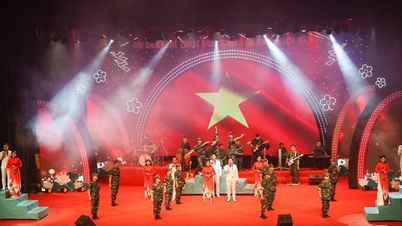
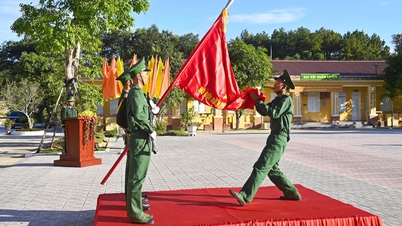

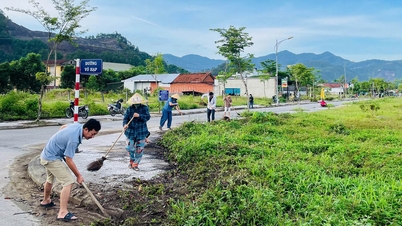

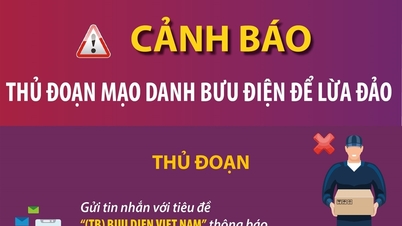
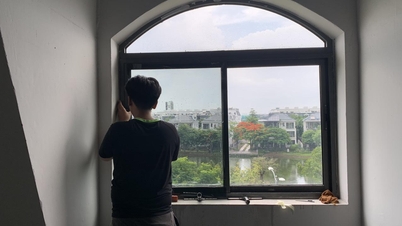








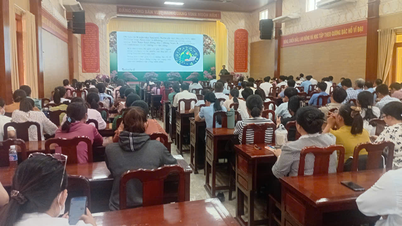




































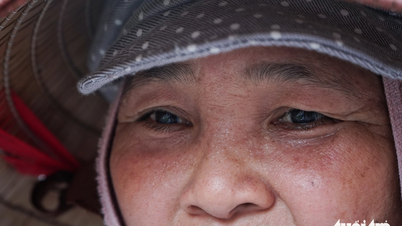

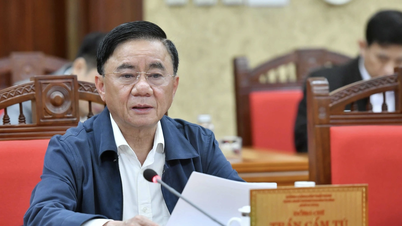

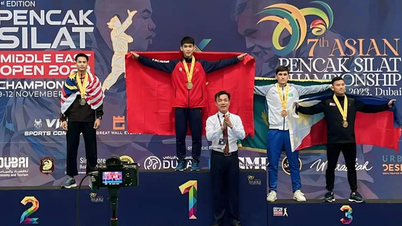








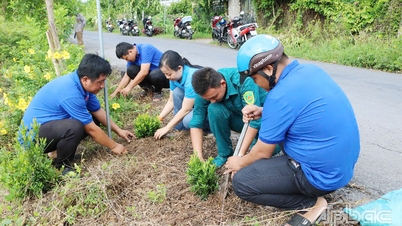
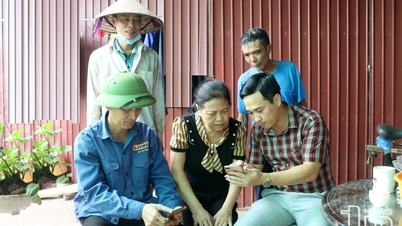

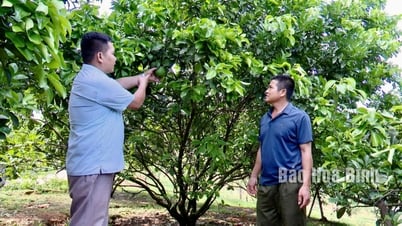

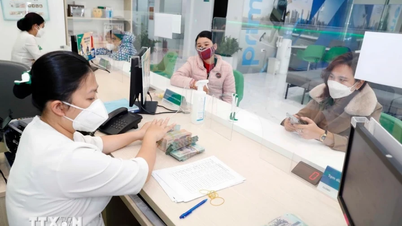














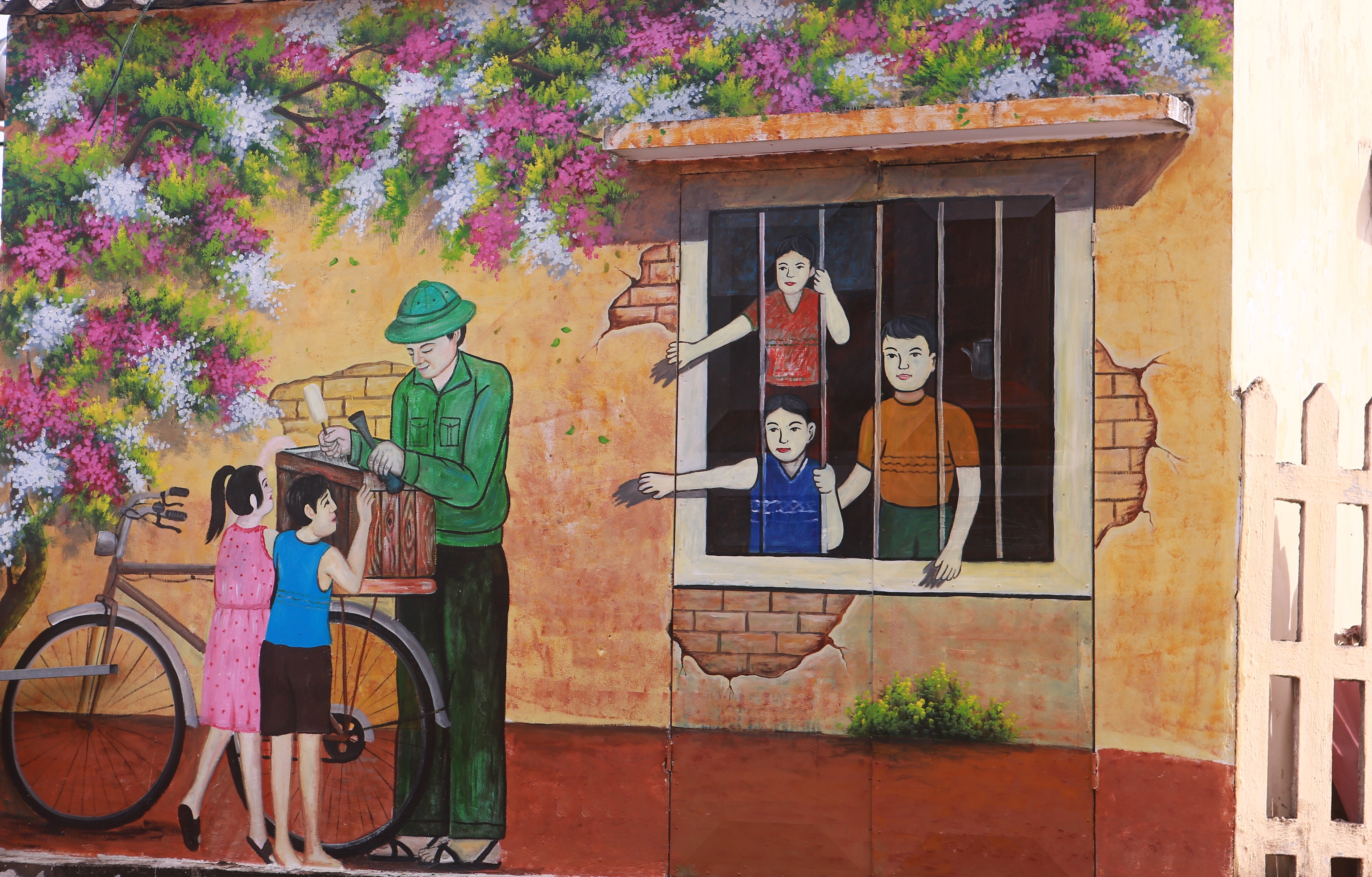
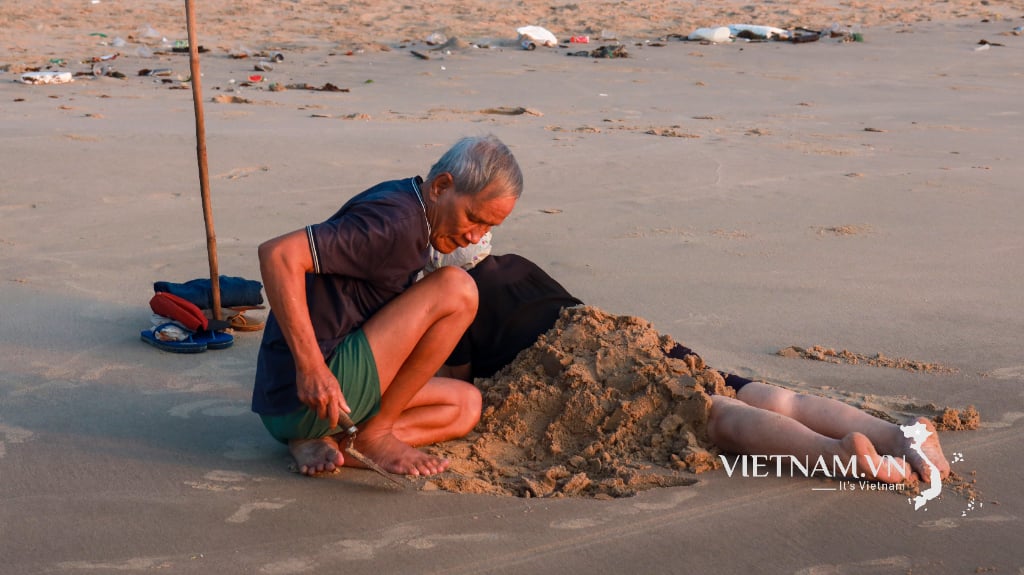


Comment (0)